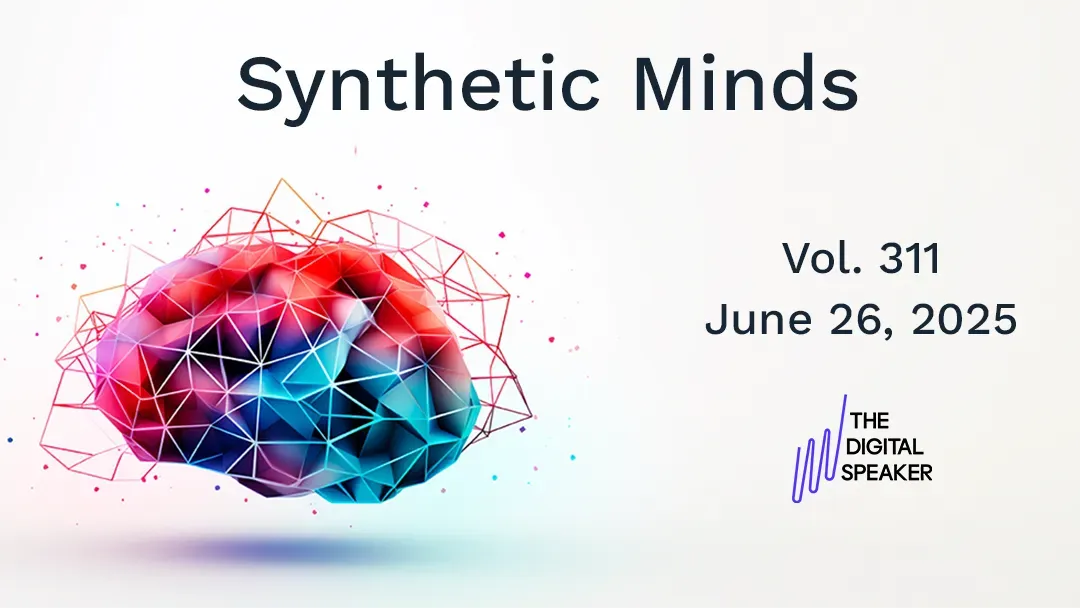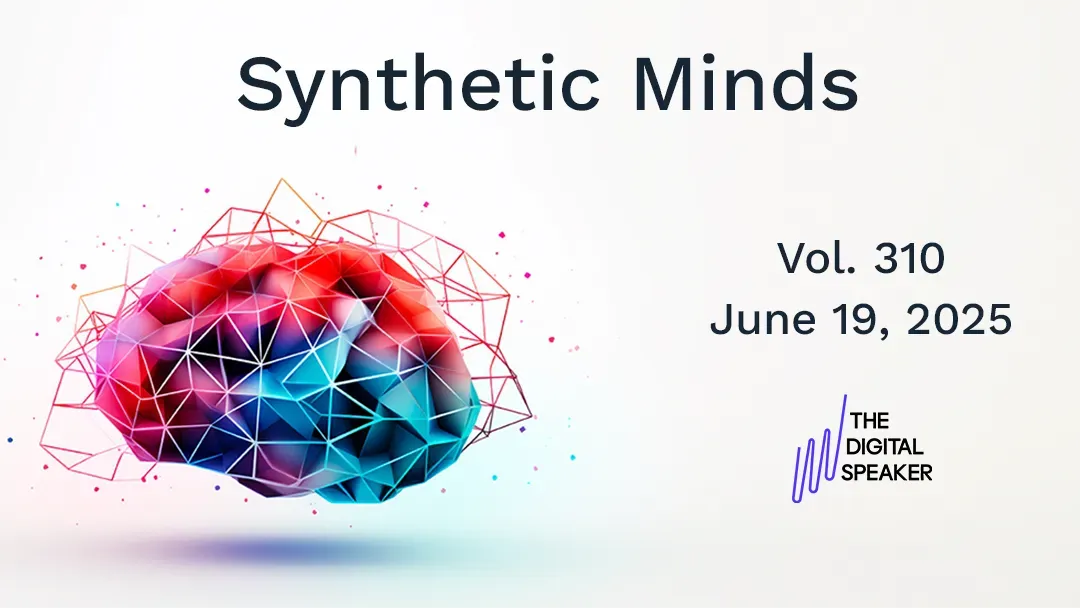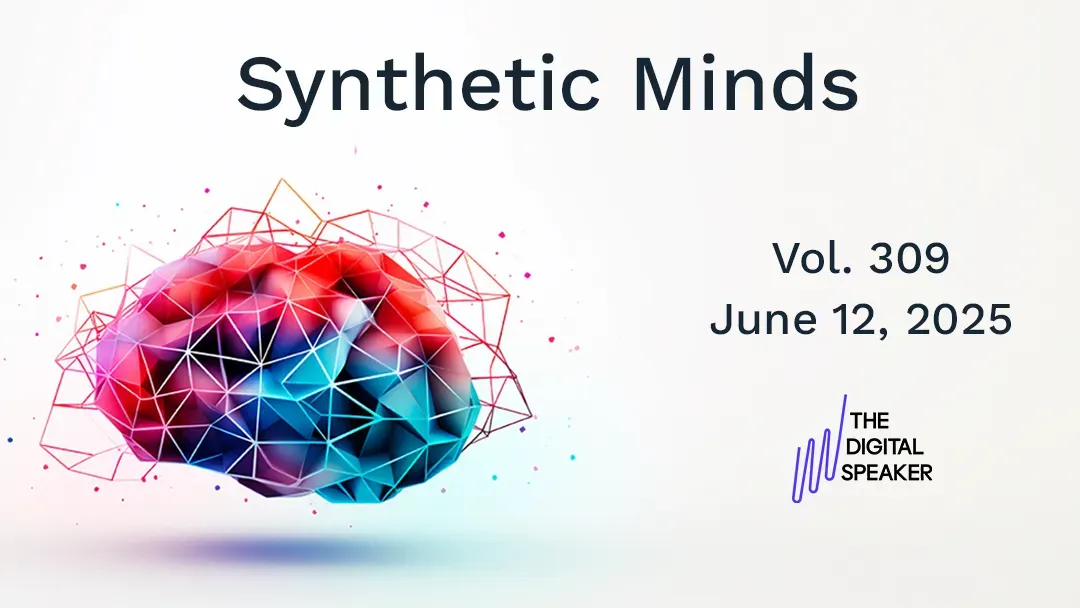The f(x) = e^x | Privacy in the age of AI

Good Day! This is my weekly newsletter, with a dose of insights into the future. The topic of this newsletter is the exponential times we live in, hence the title of f(x) = e^x, which is the (natural) exponential function.
You can visit The Digital Speaker to book me as a keynote speaker for your next event or to hire me as a future tech coach for your CEO. Don't forget to tune in to my Step into the Metaverse podcast or read my top ten technology trends for 2023.
Privacy in the Age of AI: Risks, Challenges and Solutions

My latest article:
As technology continues to advance at an unprecedented rate, AI has become increasingly prevalent in many areas of our lives. From generative AI that can create any type of content using a simple prompt to smart home devices that learn our habits and preferences, AI has the potential to revolutionise the way we interact with technology.
However, as the amount of data we generate and share online grows exponentially, concerns about privacy have become more pressing than ever before. In fact, AI presents a serious challenge to the privacy of individuals and organisations because of the complexity of the algorithms used in AI systems and the opacity in which data is used to train these algorithms.
With the rise of AI and the coming shift to the metaverse, the power of Big Tech creating these algorithms is only set to increase even further. We must be aware of the privacy risks associated with AI and educate ourselves on how to protect our personal data and digital lives in this new age of technology.
Useful Nuggets of Information
My weekly tips from around the web to get you thinking.
1. AI matchmaking technology cures aggressive blood cancer.
Researchers used new matchmaking technology to find the right drug for a man with blood cancer that chemotherapy failed to eliminate. The technology considers biological differences and tested dozens of treatments using automation and computer vision. The man's cancer disappeared two years after taking the drug. (MIT)
2. A robot’s journey underneath the Doomsday glacier.
Icefin, a robot designed to swim under 2,000 feet of ice, has found trouble beneath the Doomsday Glacier. The robot found that 10% of the glacier's ice shelf contributes to 25% of the melting observed. The glacier has been rapidly deteriorating, and if it collapses, global sea levels could rise over a foot and add another 10 feet to rising seas by tugging on surrounding glaciers. (Wired)
3. Bing and ChatGPT are full of flaws.
Bing's AI-powered search engine, developed in partnership with OpenAI, made several mistakes during its public demo, including providing incorrect financial data and making up information about a pet vacuum. Users who tested the search engine also reported similar errors. Bing's rival, Google's Bard, was also accused of generating inaccuracies in its launch announcement, resulting in a $150 billion drop in market value. (Vice)
4. Staff cuts make it difficult to fight online misinformation.
Big Tech is cutting back on its efforts to combat misinformation online. Google, Twitter and Meta are all cutting jobs that were supposed to keep the internet clean. The reduction in efforts to tackle disinformation is raising fears that trust online will erode even further, as social media platforms come under increasing economic, political and legal pressure. (NY Times)

Technology is like Water
Technology is like water.
Water is fully integrated with life.
It is neither bad nor good – it is both. In this new digital age, you must be a swimmer, able to swim in the ocean of technology.
Too much water. You drown.
Too little water. You dehydrate and fall behind.
A great article on ChatGPT and the human soul.
Know someone who needs the f(x) = e^x?
Forward it to someone who might like it too.
Subscribe here if it was forwarded to you.




